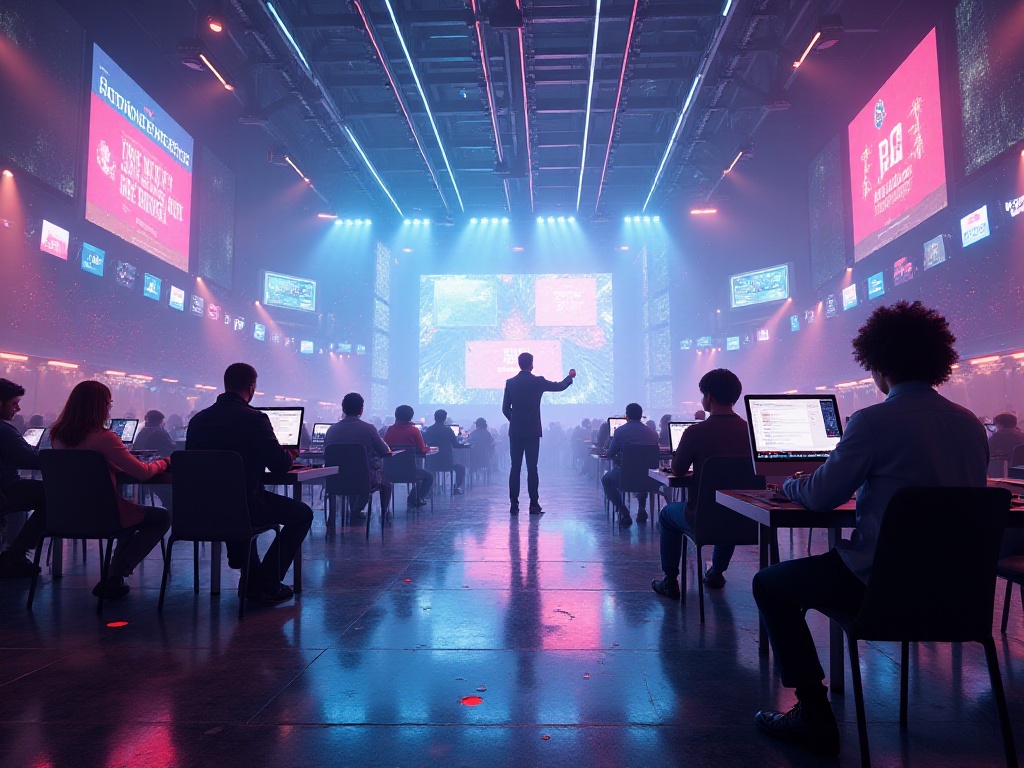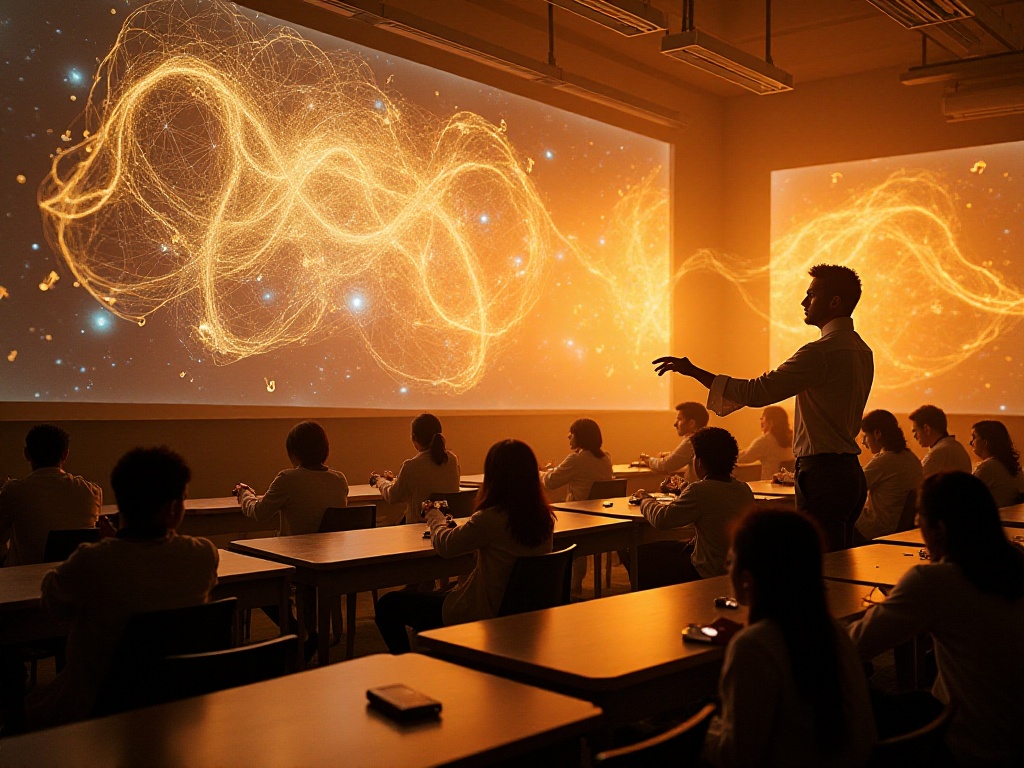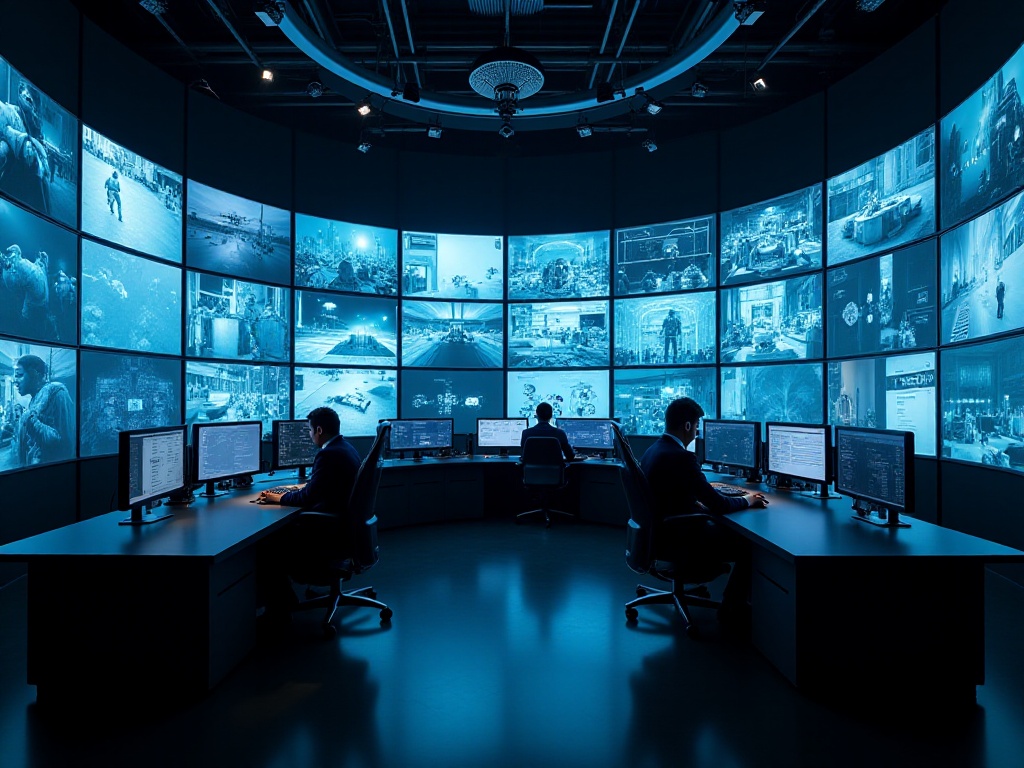First Encounter
As a recent graduate, I recently came across an intelligent reading assistant called "BaoYue AI" at work, and this experience completely changed my view of AI educational tools. To be honest, I was very skeptical of such tools at first, thinking it was just a gimmick. Think about it - reading is such a personal thing, everyone understands and reads at different speeds, how could AI understand what I'm thinking? Could it really help me read better?
However, after actually using it, I found that this thing is truly impressive. It's not a rigid tool, but rather an intelligent assistant that can truly understand what you're reading and what difficulties you're encountering. For instance, once when I was reading an English academic paper and got stuck on a technical term, it not only explained the meaning of the word but also gave several examples in a way I could understand, making it instantly clear.
In-Depth Experience
The way this reading assistant works really opened my eyes. It's like a super attentive study partner that not only instantly understands what an article is about but also really knows your reading level and interests. For example, I recently reread "Dream of the Red Chamber," which I had always found difficult to understand before, but now with the AI assistant, the entire reading experience is completely different.
It adjusts its explanation pace according to my reading speed, and when it notices me lingering on certain plots, it proactively explains the cultural meanings behind them. For instance, when it came to the poem "Three springs compete with early spring scenery, large sleeves gather fragrance as they lean close," it not only explained the literal meaning but also connected it to the context to explain the plot development and character psychology reflected in this poem, instantly deepening my understanding of the entire story.
Even more impressive is how it extends reading based on my interests. Once when I was particularly interested in Jia Baoyu's personality traits, it recommended a series of related chapters and analytical articles, helping me understand this character from different perspectives. This personalized reading experience made me feel like I wasn't passively receiving information, but rather discussing literature with a knowledgeable friend.
I specifically collected some data and found that students using this type of intelligent reading assistant saw an average improvement of 23% in reading comprehension. This number shocked me because it proves that AI can truly become a powerful assistant on our learning journey. For instance, my own reading speed has improved significantly, and my understanding of articles is deeper than before. Previously, I might have just finished reading an article and been done with it, but now I unconsciously think about the article's structure, the author's writing intentions, and can even detect some underlying messages.

Educational Innovation
Speaking of AI applications in education, it's truly dazzling. Current intelligent teaching systems are no longer just about doing exercises and practice problems; they've become increasingly intelligent and personalized. For example, Thinkster Math is like having a personal math teacher with you. It not only watches you solve problems but also analyzes your problem-solving approach and identifies your common mistakes.
My cousin uses this platform to learn math, and the results have been excellent. He used to make mistakes in word problems, but after the platform noticed this, it specifically increased practice in this area and used animations to demonstrate solution steps, helping him quickly find his problem-solving groove. Most amazingly, it can adjust problem difficulty in real-time based on his answer performance, neither too easy to be boring nor too difficult to discourage learning enthusiasm.
Then there's Course Hero, which is truly a blessing for struggling students. It not only provides 24/7 online tutoring but also automatically plans review schedules based on your learning situation. A friend of mine improved their grades significantly with it. The platform analyzes your mastery level of each knowledge point and then arranges review content accordingly. For example, if it notices you're unclear about a certain concept, it will push related explanation videos and practice problems.
Statistics show that students using these platforms score an average of 15 points higher on tests, which is quite significant. I think it's mainly because these platforms can identify learning problems in time, preventing knowledge gaps from accumulating too much. Plus, their learning methods are more interesting and not as dull as traditional tutoring.

Future Outlook
However, to be honest, the development of these AI educational assistants has indeed brought up some issues worth considering. As someone who frequently uses these tools, I often ask myself: Am I becoming too dependent on AI? Will my independent thinking ability weaken? These questions really need serious consideration.
Sometimes I feel that after using AI for problem-solving for too long, my ability to solve problems independently has actually decreased. But thinking about it differently, it really depends on how you use it. Take AI grading tools like Gradescope for example - while they can save teachers a lot of time grading assignments, the final judgment still needs to come from teachers. This made me realize that AI should be a tool to help us learn, not a machine that completely replaces our thinking.
I think the most important thing when using AI tools is to have clear boundaries. For instance, when doing homework, you can use AI to check answers and understand solution approaches, but ultimately you need to complete it independently. This way you can improve learning efficiency without becoming overly dependent on tools.
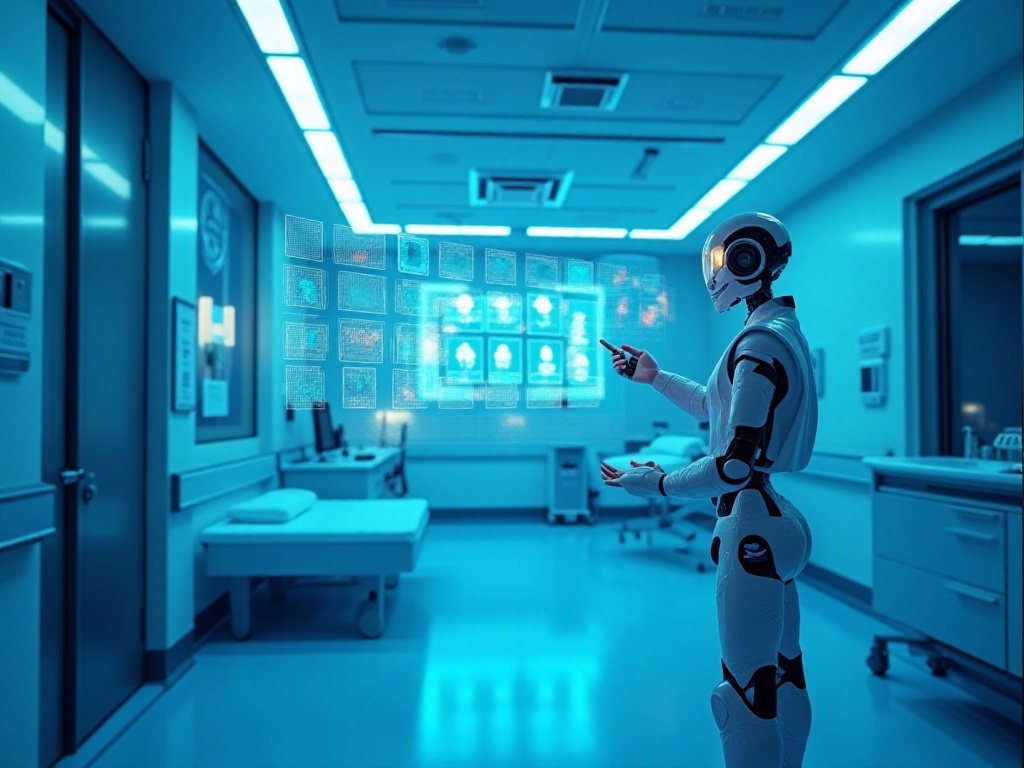
Practical Suggestions
For students who want to try AI educational tools, my advice is to start small. Don't immediately hand over all subjects to AI; you can start by trying it in one area you're interested in. For example, if you want to improve reading ability, you can start with an intelligent reading assistant; if you're struggling with math, you can try an AI-assisted math learning platform.
I personally started with reading. Initially, I just used AI to help me understand difficult articles, but gradually expanded to writing training and knowledge organization. During this process, I found that while tools are important, how you use them is even more important. If you just passively accept AI's suggestions, the effect won't be as good as actively thinking and asking questions.
Now I've basically developed my own method: first think about the problem myself, then seek AI's help when encountering difficulties, combine AI's suggestions with my own thoughts, and finally summarize the experience. This not only improves learning efficiency but also exercises my thinking ability.
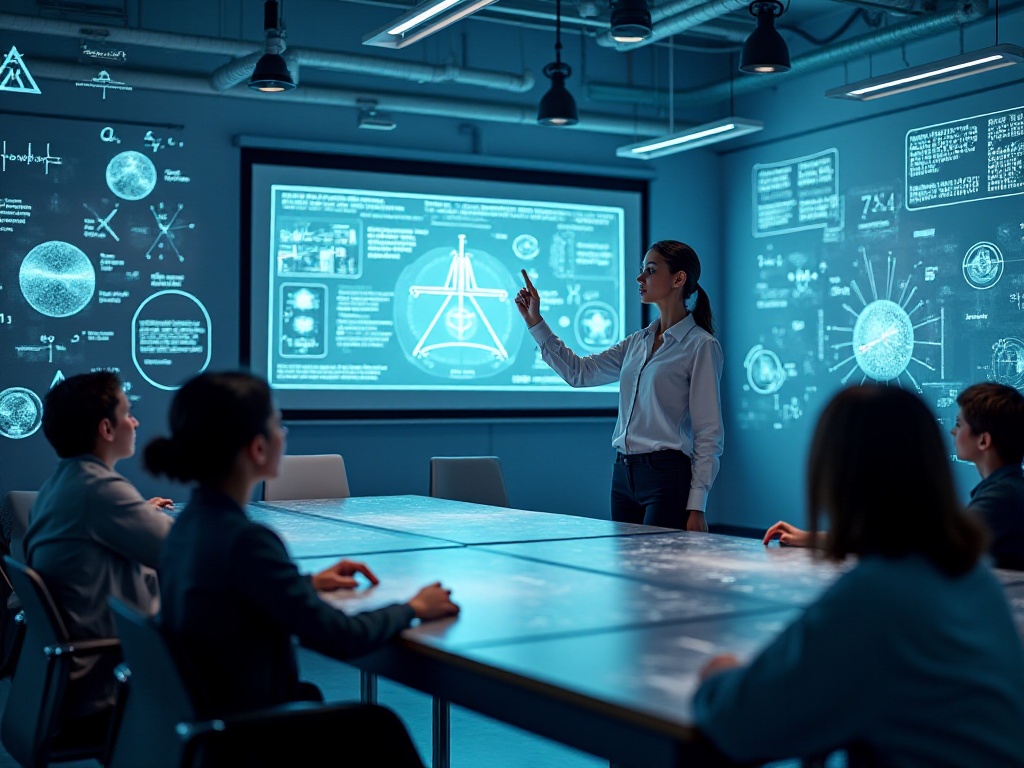
New Thoughts
Through this period of use and observation, I increasingly feel that AI is quietly changing traditional education methods. Take Jill Watson, the AI teaching assistant, for example - it can answer hundreds of students' questions simultaneously, and the quality of answers is quite high. This would be completely impossible in traditional education.
I remember once during an online course, I encountered a problem late at night. I thought I'd have to wait until the next day for an answer, but the AI teaching assistant immediately gave me a detailed explanation. This feeling of being able to get help anytime, anywhere is really great. Plus, AI assistants don't get irritated by answering the same questions multiple times, which is much better than human teaching assistants in this aspect.
These experiences have made me start thinking about how teachers' roles might change in the future. I think future teachers might be more like guides, mainly responsible for inspiring students to think and cultivating creativity, rather than simply imparting knowledge. Because when it comes to knowledge transmission, AI might do a better job.
For example, in a programming course I'm taking now, the teacher rarely directly explains syntax knowledge, but rather guides us more in thinking about how to solve practical problems. We can ask the AI assistant about specific syntax issues, but questions requiring creative thinking, like how to design program structure and optimize code efficiency, still need the teacher's guidance.
What moves me most is that AI educational tools have truly made quality educational resources more accessible. I have a friend who lives in a remote area who used to find it difficult to get good tutoring, but now can get a decent learning experience through these intelligent learning platforms. While it might not compare to one-on-one tutoring, it's much better than having no guidance at all.
Moreover, these tools particularly cater to each student's individual needs. Some students learn quickly and can move ahead on their own; others need more practice, and AI will patiently accompany them in repeated reinforcement. This concept of teaching according to individual abilities is difficult to achieve in traditional education but has become possible with AI's help.
Finally, I want to say that the development of AI educational tools has shown me hope for the democratization of education. Through these tools, every student can get a learning method and pace suitable for themselves - isn't this the ideal state of education? Although current AI isn't perfect, its development direction is correct, and I believe it will get better in the future.
What do you think? Welcome to share your experiences and thoughts about using AI learning tools in the comments. I'd also like to know how other students view this issue.



